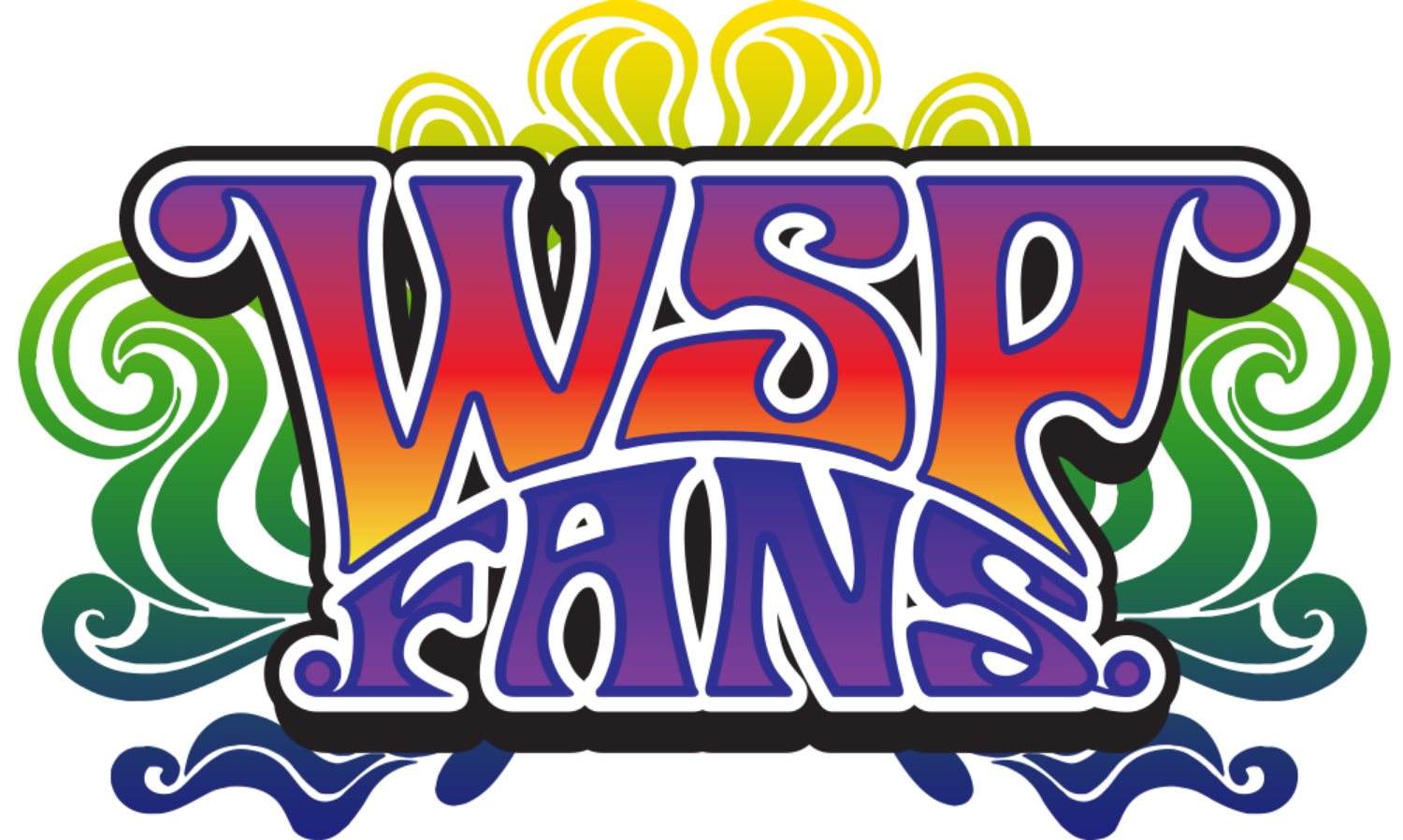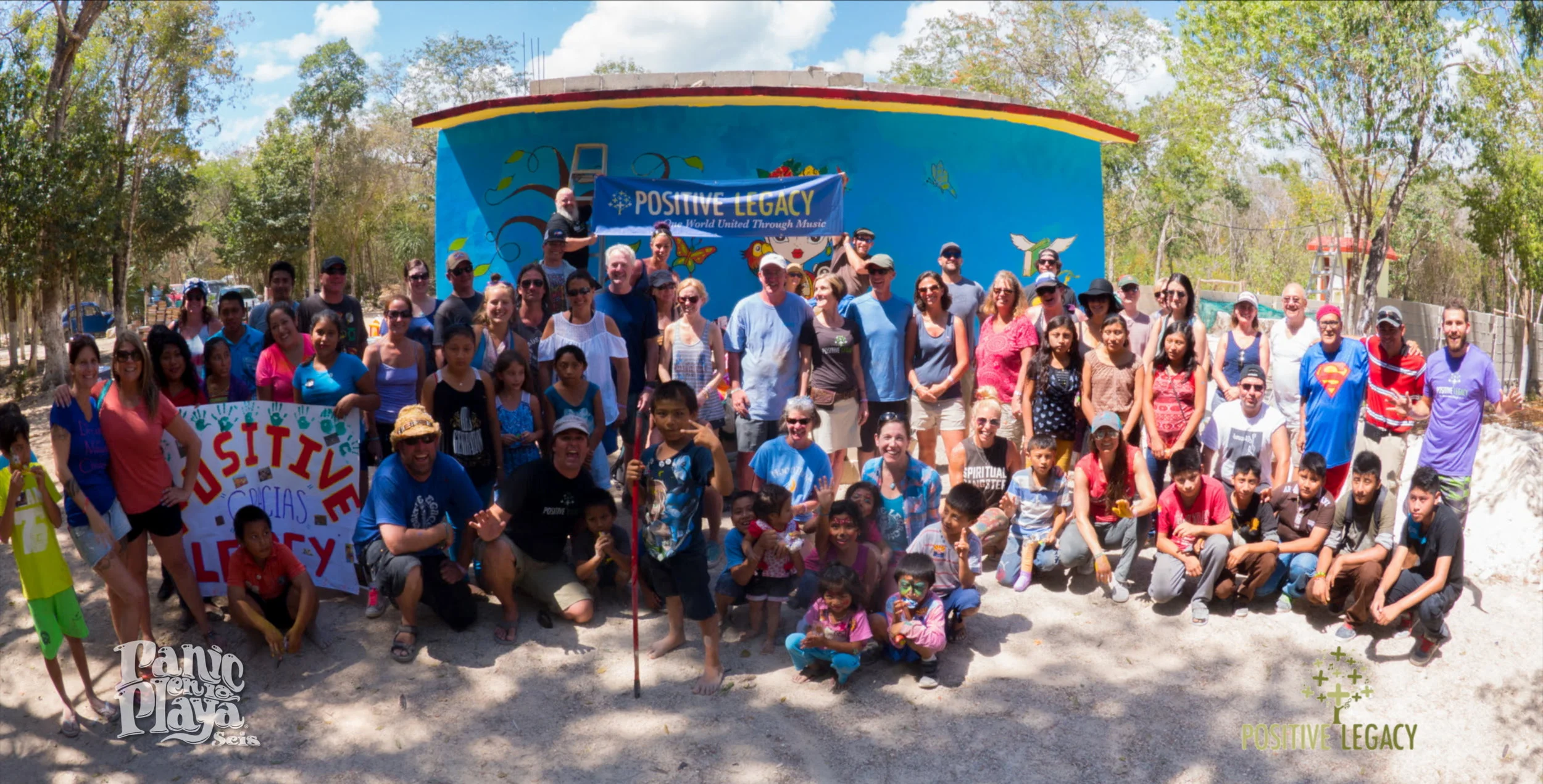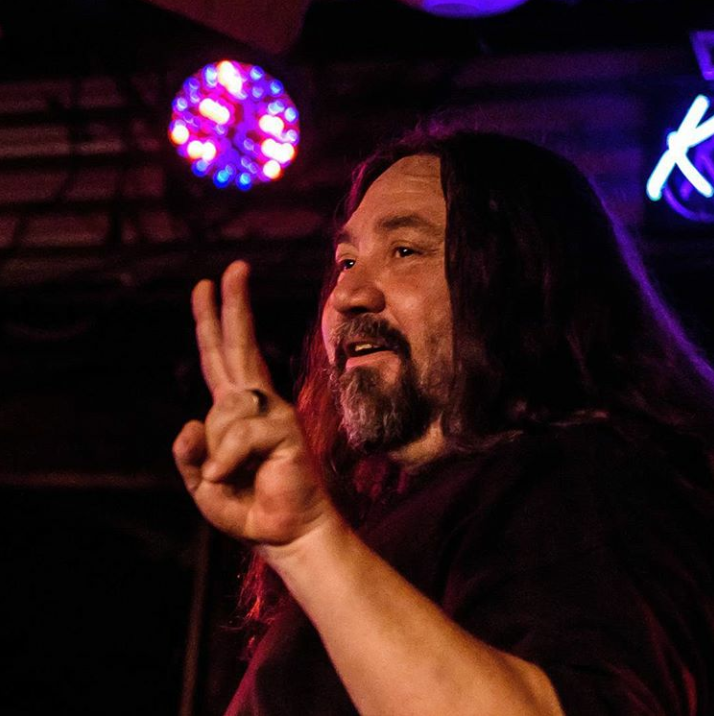Interview: John McLaughlin on Modern Guitar, Jimmy Herring and his Final U.S. Tour

“45 years later for my final tour, it had to be in the U.S. I had to bring back the music of Mahavishnu in order to say thank you from my heart.”
One of fusion's most virtuosic guitar soloists, John McLaughlin has created some of the most revolutionary music to come out of the 20th century. By mixing psychedelic rock, R&B, gypsy jazz, flamenco and Indian raga techniques, the polyglot mastery earned John tremendous respect from jazz and rock peers alike — in 2010 Jeff Beck called him "the best guitarist alive.”
This fall marks McLaughlin's final U.S. tour titled The Meeting of the Spirits where he will be joined by Jimmy Herring and revisiting the pioneering music he introduced with his deeply influential, genre-defying Mahavishnu Orchestra.
WSP Fans had the unique opportunity to interview McLaughlin days prior to The Meeting of the Spirits tour kicking off in Buffalo, NY and discuss modern guitar, Jimmy and his final U.S. tour.
What’s the process when you’re preparing to perform for this tour?
John: The process began over a year ago with the idea of the tour and the concept of three sets per concert: Jimmy with Invisible Whip, me with the 4D, and both bands on stage for the 3rd set. The 3rd set would be exclusively Mahavishnu music from the early 1970’s. The first two sets could also include music from Mahavishnu, but not exclusively. Jimmy and I have been communicating since then about the pieces and the structure of the set, plus phone calls and emails about arrangements have been shared amongst musicians from both bands. All that’s left now are the actual rehearsals.
How do you feel technology has influenced modern guitar?
John: Technology has influenced every aspect of life including the arts. More specifically, technology has had a direct impact on the electric guitar. The invention of the virtual amp and virtual ‘tones’ on these applications are quite extraordinary. When you listen to the recording of Jimi Hendrix playing “The star spangled banner”, and the equipment he used, this was a milestone in music. He had a guitar, an amp and a wah-wah pedal. Today the software engineers are still looking for technological ways to emulate the sounds that Jimi got out of such a simple rig, and the choice of electronic pedals is staggering. From a 1940’s bebop sound to the “Jimi” sound to a “Van Halen” sound instantly. Impressive.
What inspires you about working with Jimmy Herring?
John: My first hearing of Jimmy’s playing was a performance of one of my compositions from the Mahavishnu repertoire, and it blew me away. He had a grasp of my music that I’d never heard from anyone else. Of course, what impressed me further, was his individual and unique interpretation of the piece. Jimmy is without doubt his own man with his own vision which is quite different to mine, but this is what makes it truly interesting to play with him.
In a world where some feel like musically "everything that can be done, has been done" what would you recommend to musicians looking expand the musical tapestry into new territory?
John: Those who feel everything has been done are suffering from extreme lack of imagination, or simply artistic laziness. “Everything” does not arrive just given in the musician’s mind…different kinds of work need to be done in order for new ideas, forms and concepts to arrive. These works involve research and analysis into music that has been previously created, research and analysis into one’s own mind, and last but not least-- how deeply and how strongly do you feel about the music you are making? Addressing these questions is imperative in the creation of music. It is my profound conviction that without a singular dedication to your instrument and music in general, not much good music will be created.
With the next generation of guitarists who are you excited to see coming up the ranks?
John: Last year I was president of two guitar competitions, one in Switzerland which was won by an immensely talented young Brazilian guitarist Pedro Martins, and another competition in Thailand that was exclusively for Thai guitarists. It was won by an 18 year old who has such a natural talent, truly amazing. But I can say categorically that amongst the other contestants in these two competitions, the level of playing is very high. There are a lot of great young guitarists coming up, and I have no worries about the future of the guitar. It’s in great shape.
With this being your final American tour, what statement would you like to leave your audience with - melodically, spiritually?
John: A statement in words will never come close to what I say in music. American music has had an inestimable impact on me from the age of twelve, when I first heard the Bluesmen from the Mississippi, and eventually adopting the Miles Davis, John Coltrane school as my very own. I would not be the musician I am without America and its music. The fact that from my first day in the US, America adopted me, and since I’d already adopted America, it was a meeting made in heaven. In 1971, the Mahavishnu Orchestra was born and embraced by so many in the US… 45 years later for my final tour, it had to be in the US. I had to bring back the music of Mahavishnu in order to say thank you from my heart.








